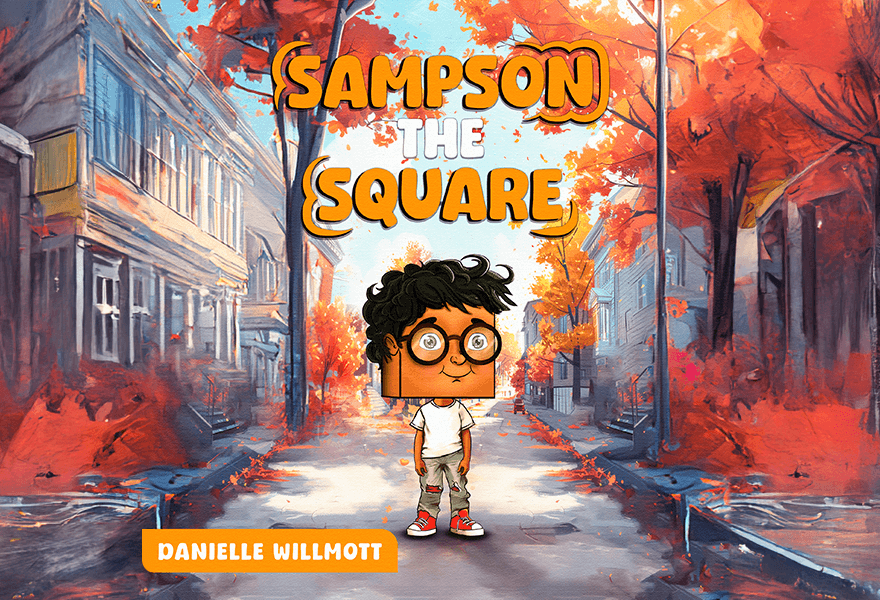Journaling is more than just writing—it’s a gateway to emotional growth, creativity, and self-expression, especially for children.
In Danielle Willmott’s enchanting book, Sampson the Square, young Sampson discovers himself through journaling, transforming his life in unexpected ways. This article explores the benefits of journaling for kids and how parents and teachers can encourage this enriching habit.
The Power of Journaling in Childhood Development
From emotional expression to creative thinking, journaling offers a wealth of benefits for children. Let’s explore how this simple practice can shape a child’s development.
1. Emotional Expression:
Journaling provides a safe space for kids to articulate their thoughts and emotions. Just like Sampson, who feels isolated after moving to a new town, children can use journaling to explore and manage their feelings. Sampson’s journal becomes a comforting outlet, allowing him to express emotions he finds difficult to verbalize.
2. Boosting Confidence:
When Sampson shares his journal with Pentagon, a fifth grader, he gains validation and support, learning that his thoughts matter. This simple act of sharing and receiving feedback can empower children to believe in their voices, building self-esteem and resilience.
3. Improving Writing Skills:
Regular journaling naturally enhances writing abilities. Sampson’s daily writing practice sharpens his spelling and grammar, helping him become a more confident writer. Journaling offers children a space to practice language skills without pressure.
4. Unleashing Creativity:
By journaling about his environment, Sampson hones his observation and imagination. Journaling stimulates creativity, encouraging kids to reflect on their surroundings, dreams, and ideas, which helps them tap into their creative potential.
